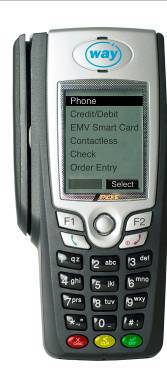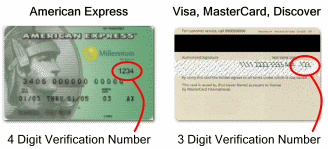2008 will end as one of the most dreadful business years in history. Most business will continue with tough time in the coming months. I can only hope that jobs open up, business picks up, and our economy begins to make some sort of rebound.
I do believe that we will be looking at a different landscape when our economy eventually comes around. One thing is for certain, the credit and banking industries are going to look very different by the end of 2009.
Card issuers:
Card issuers are looking to go through some huge changes, maybe the biggest and quickest changes since the invention of the credit card.
Issuing is going to tighten up a lot. We can likely expect a surge in fees, and a reduction in rewards card programs. Add this to increased underwriting scrutiny, and a new FICO scoring system and we end up with a very volatile card issuing system. It’s going to be harder to get a credit card and they’re going to have more fees and less rewards than we’re all used to.
Card processors:
Credit card processors are just now beginning to feel the strain of the down-turned economy. The ones hit hardest are those with the highest attrition and ones that rely on continued new businesses. Processors who went for the lowest bid are seeing massive attrition, and reduction in income. We’re starting to see across-the-board business closures and greatly decreased sales volumes. This creates a very uncertain future for many companies that handle merchant accounts for millions of businesses in the US. In addition, there is the looming congressional credit card interchange regulation bills. Processors do not neatly fall into any category being regulated, so there is a lot of uncertainty in what’s going to happen if the bills are passed.
Businesses:
Not only are we seeing an increase in business closures, but we’re seeing a reduction in new businesses. Typically during a recessionary period, new businesses are started due to opportunities created by layoffs, pay cuts, and other reductions. Unfortunately, this is not yet the case, and new business start-ups are at an all time low. Even successful business are feeling the strain of reduced consumer spending. On the bright side, the extremely low gas prices are helping, but this is most likely temporary, as gas will eventually rebound.
It’s never to late to optimize your operations, reduce costs and debt, but always continue to market and find new ways to gain new customers, and keep the ones you already have.
Consumers:
Consumers are feeling the strain of reduced bank lending, and the reduction of available credit. When the new FICO system comes into affect, this credit reduction has the potential to destroy people’s good credit, since the new system relies very heavily on available/used balance ratios. This holiday has shown us just how bad things have gotten, just today consumer confidence ratings were recorded at an all time low.
The future
While I’m sure that we will come out of this slump, I fear that we have not yet seen the worst of it. My best wishes go out to anyone having a tough time right now, especially those who have been lay-ed off, lost their home, and those undergoing other very difficult circumstances. Things will get better, and many opportunities will come from our current situation, but if you’re waiting for one to come around, you may be waiting for a long time. We all need to continue to push forward, find and create our own opportunities, and help those around us that are experiencing difficulties.
Have a new year!

 Way Systems created their own terminal instead of using a re-manufactured Siemens phone. While they technologically regressed in some areas, they made a better product that works for what it is designed to do, process credit cards. By designing from the ground up they were able to use a single keypad for PIN debit processing (Their old models had 2 keypads due to encryption requirements). New features include the ability to add additional processing applications. Once certified, the terminal will support check services and gift cards through some select 3rd party providers. There are also no longer any log in/out requirements to use the terminal, and it has the ability to install new firmware when it becomes available. The new terminal still works with existing Way Systems infrared printers, and can now be charged through a mini-USB port. It is now supported by Apriva and eProcessing Network which allows it to be used with just about every US processor.
Way Systems created their own terminal instead of using a re-manufactured Siemens phone. While they technologically regressed in some areas, they made a better product that works for what it is designed to do, process credit cards. By designing from the ground up they were able to use a single keypad for PIN debit processing (Their old models had 2 keypads due to encryption requirements). New features include the ability to add additional processing applications. Once certified, the terminal will support check services and gift cards through some select 3rd party providers. There are also no longer any log in/out requirements to use the terminal, and it has the ability to install new firmware when it becomes available. The new terminal still works with existing Way Systems infrared printers, and can now be charged through a mini-USB port. It is now supported by Apriva and eProcessing Network which allows it to be used with just about every US processor.



